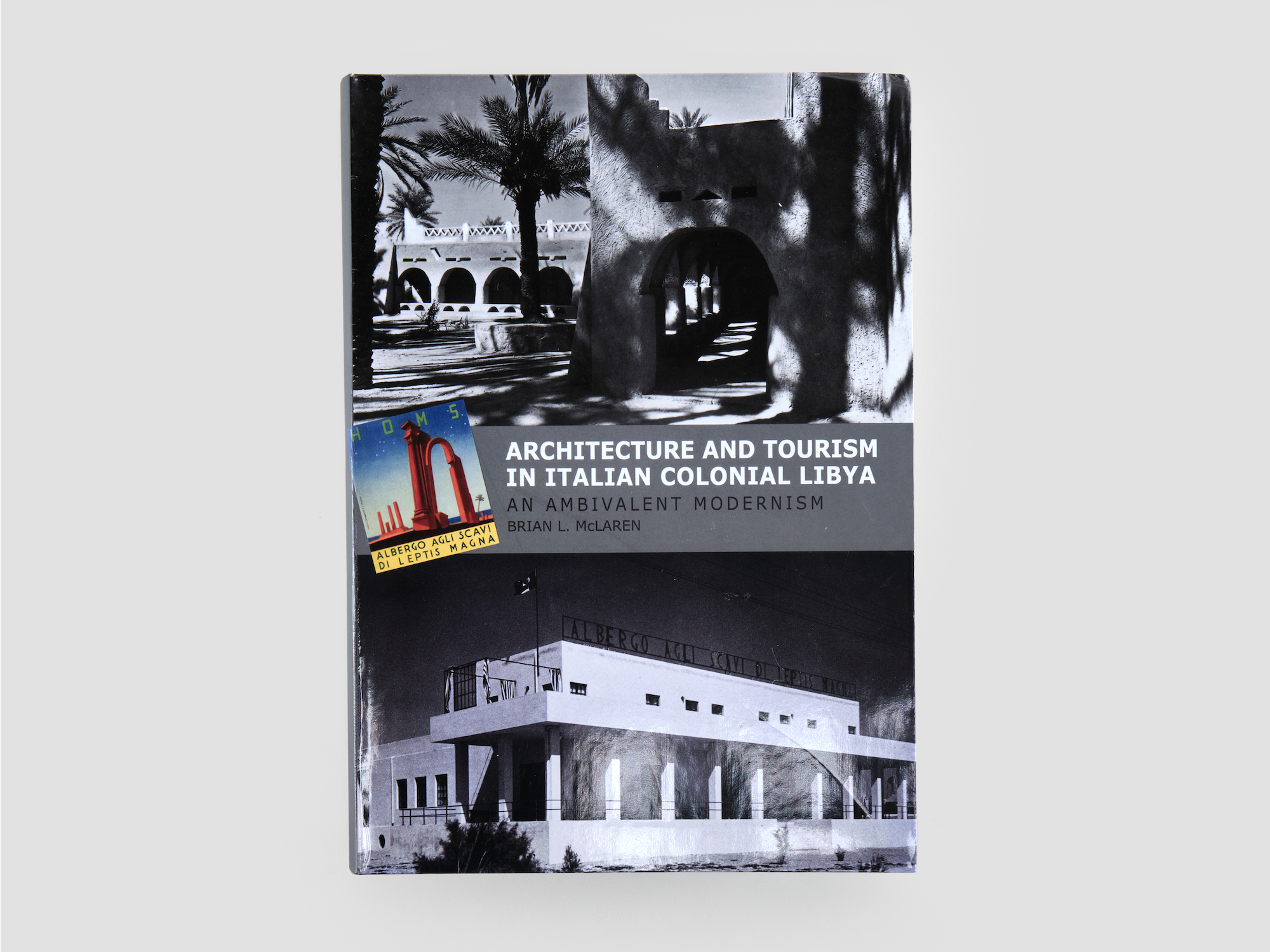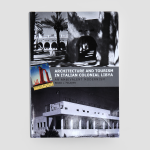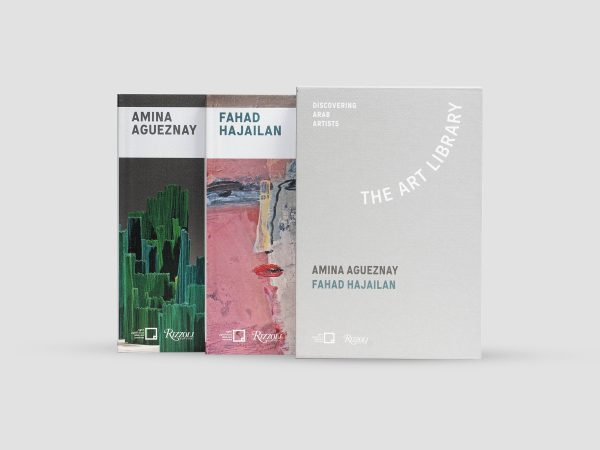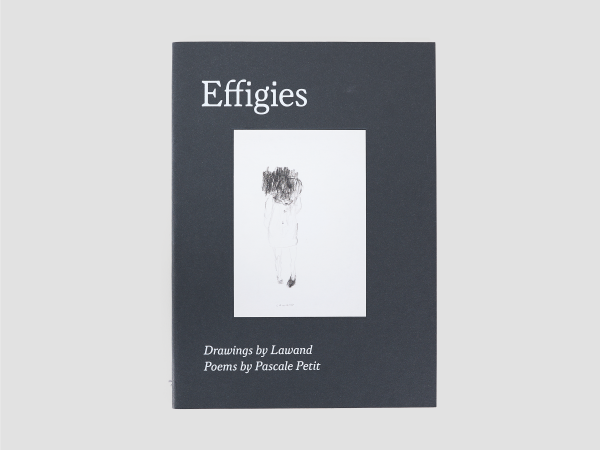To be a tourist in Libya during the period of Italian colonisation was to experience a complex negotiation of cultures. Against a sturdy backdrop of indigenous culture and architecture, modern metropolitan culture brought its systems of transportation and accommodation, as well as new hierarchies of political and social control. Although most tourists sought to escape the trappings of the metropole in favour of experiencing “difference,” that difference was almost always framed, contained and even defined by Western culture.
McLaren argues that the “modern” and the “traditional” were entirely constructed by colonial authorities, who balanced their need to project an image of a modern and efficient network of travel and accommodation with the necessity of preserving the characteristic qualities of the indigenous culture. What made the tourist experience in Libya distinct from that of other tourist destinations was the constant oscillation between modernising and preservation tendencies. The movement between these forces is reflected in the structure of the book, which proceeds from the broadest level of inquiry into the colonial project in Libya to the tourist organisation itself, and finally into the architecture of the tourist environment, offering a way of viewing state-driven modernisation projects and notions of modernity from a historical and geographic perspective.
About the Author
Brian L. McLaren is an Associate Professor and Chair of the department of architecture at the University of Washington.
About the Publisher
The University of Washington Press is the oldest and largest publisher of scholarly and general interest books in the Pacific Northwest. The Press publishes compelling and transformative work with regional, national and global impact and is committed to the idea of scholarship as a public good, working collaboratively with its authors to produce books that meet the highest editorial and design standards while aiming to promote equity, justice and inclusion in all its work.





